Amazon’s announcement of acquiring One Medical has left many in the industry with more questions than answers. Could this be the beginning of a new trend? What would this mean for One Medical and some of its competitors in the area?
What does it also mean for Amazon to enter deeper into the healthcare industry? “We think health care is high on the list of experiences that need reinvention,” Neil Lindsay, senior vice president of Amazon Health Services. But what does the acquisition of One Medical mean for us?
As a membership-based primary care practice offering virtual services at nearly 200 locations across the country, One Medical is just as much a technology company as it is a primary care provider. The company understands the need for interoperability and looks to develop solutions in-house that further narrow the gap between patient and care.
Amazon’s acquisition of One Medical is, therefore, not only a technology endorsement and investment but also a step toward cohesive healthcare. So as further details emerge, what can we possibly expect from Amazon through this acquisition?
Community outreach
Amazon’s focus is to bring care to the patient’s doorstep through its vast, already established infrastructure of supply and logistics. With around 76.6 million households using Amazon’s Prime membership benefits, that impact cannot be understated.
We saw this happen with the acquisition of Whole Foods. Having cross-industry solutions and conveniences from dropping off your amazon packages to picking up a cup of coffee, Amazon broke the siloes of consumerization.
Cloud computing
Amazon pioneered and perfected the care-from-anywhere approach. When Amazon launched as an online retail company, its IT department became extremely good at managing its own software development and test environment. Therefore, Amazon decided to enter a space it had never imagined—packaging and selling its environment to others. The launch and adoption were so successful that they led to today’s modern-day, flexible Amazon cloud computing that allows many different products and services to be hosted on a single platform.
Diversification of products
Although the One Medical acquisition shows symptoms of a significant foothold, it’s not the first time Amazon ventured into the healthcare and health services space with debatable success.
— Amazon acquired the online pharmacy company PillPack for $753 million in 2018, then launched Amazon Pharmacy in 2020 as a prescription and delivery service.
— Amazon Care, a texting and telehealth video service app for people to connect with clinicians, was launched internally in 2019 with Amazon employees and then recently launched as a nationwide program.
— Amazon’s most notable success is its cloud storage service, Amazon Web Services, which stores health data for healthcare systems.
The recent One Medical acquisition begs the question: will Amazon further explore the opportunities to expand its healthcare offerings in the product space, both chronic and acute?
“It shows that Amazon is really going all in on healthcare,” Sebastian Herrera of the Wall Street Journal says. “It signifies that Amazon is no longer just dabbling in healthcare. It’s really committed to seeing this play out long-term and seeing how successful they can be in it.”
Health tech is everywhere, but one of the biggest challenges is that these technologies lack seamless communication. One of the biggest impacts that Amazon can have on healthcare is connecting health tech data together in order to surface and tackle the actual healthcare challenges.
The vast impact that Amazon can have on the healthcare industry expands beyond just a preliminary assessment of many healthcare journalists.
If the pandemic didn’t accelerate the transformation of healthcare enough, the involvement from the private sector, such as Amazon’s acquisition of One Medical, will likely create a chain reaction among healthcare providers to truly transform their healthcare journey.
What should we be doing?
1. Focus on the need: Amazon is not generating a new need—it is merely just solving it. We should stay focused on the patients’ needs.
2. Make the technology work for you: Commercial off-the-shelf products don’t cut it anymore. They have a tendency to leave gaps or create new ones in patient care. Like One Medical, have the technology work for you. Develop your own solutions or leverage open platforms like Salesforce through which innovation is possible.
3. Accelerate change: If there is a problem to be solved, solve it. Don’t wait for stars to align as they never might. Start the discussion today!
It’s true that Amazon’s reputation creates strong market reactions, particularly among competitors. But the magic isn’t in the brand. Instead, transformation rests on Amazon’s unflinching approach to healthcare innovation.
“. . . I think that people who are in this space will tell you, you really have to form these relationships with doctors, insurers, suppliers. You can’t just halfway get in and expect to succeed,” says Herrera. “I think, for Amazon, they’re fully going into it. They really want to be fully present in this industry and so it’s not just providing some sort of tech solution. It’s really trying to become a healthcare company and that’s really significant.”
At Simplus, we’ve developed simplified Salesforce-based processes that build strategic relationships among healthcare delivery services. Much like Amazon, Salesforce is a trusted name in cloud technology innovation in healthcare provider services.
Let’s talk! Together we can discuss ways you can implement processes that guide healthy relationships.


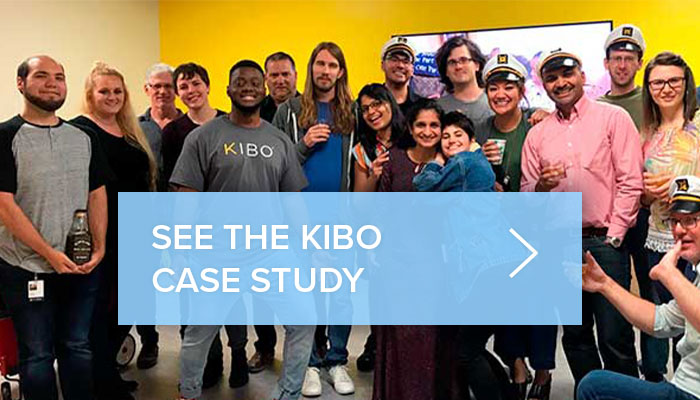



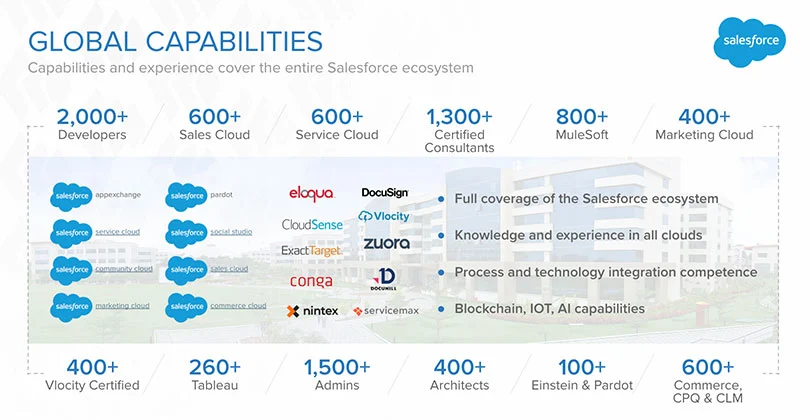
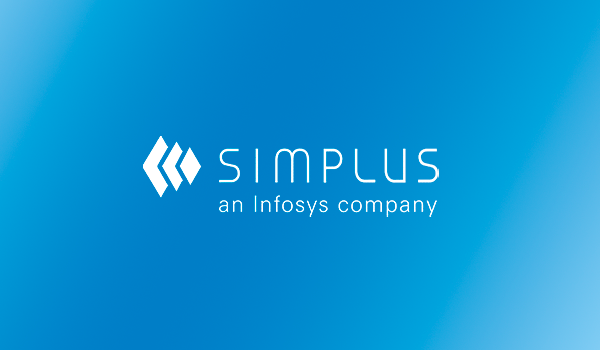

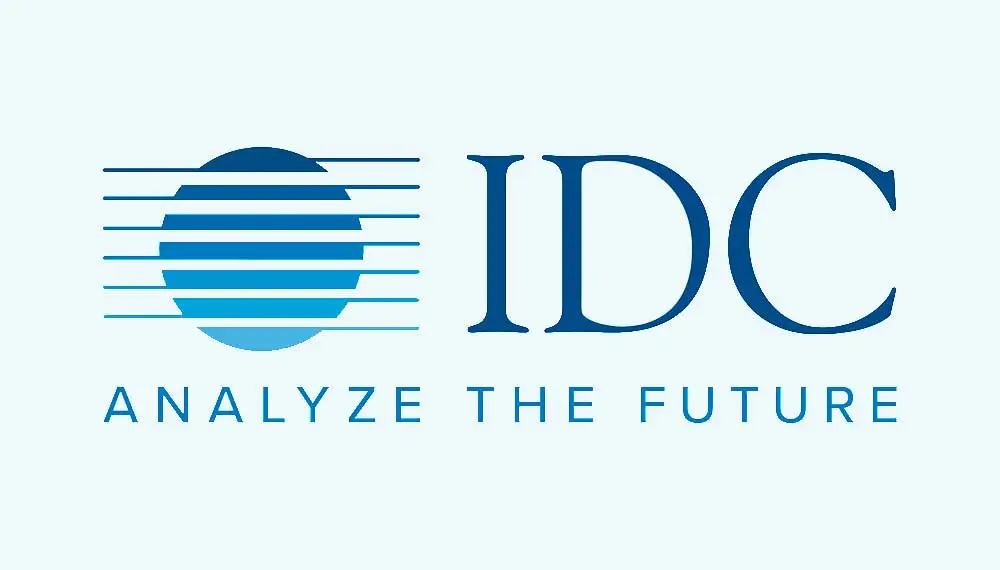




















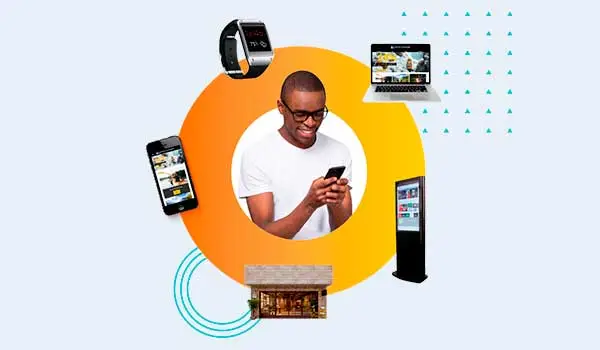

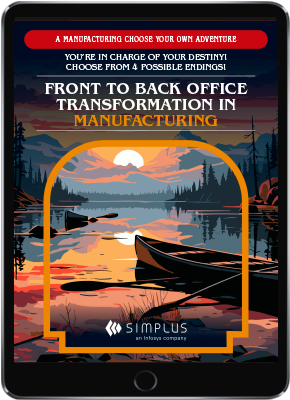





















0 Comments